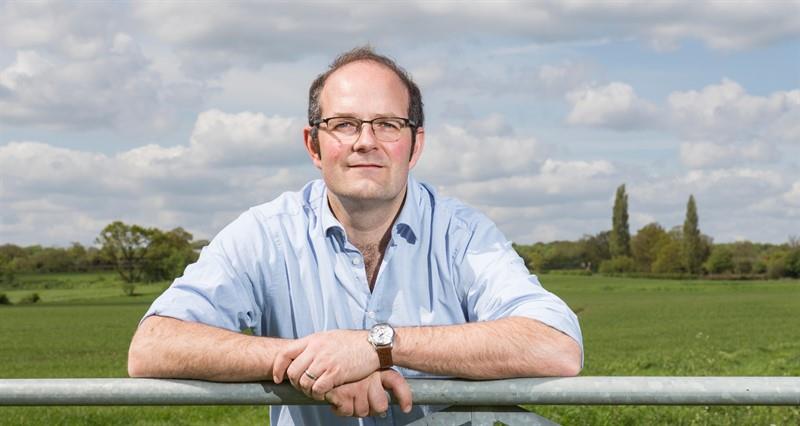“The world’s climate emergency points to the urgency of applying this technology to farming and this announcement is an important first step towards a properly functioning legislative system.
“These new tools could help in a number of ways, from addressing pest and disease pressures on crops and farm animals and improving animal health and welfare, to increasing farmers’ resilience in the event of extreme weather events such as flooding and drought and benefiting the environment through more efficient use of resources. This would mean lower emissions and less waste, allowing British farmers to farm more sustainably and profitably.
“Crucially, precision breeding technologies will also help in the development of foods with direct benefits to the public; better quality, increased nutritional value and products with a longer shelf life.
“We know gene editing is not a silver bullet. But if we are to make this a success, any new government regulation must be robust, fit for purpose and based on sound science. This will in turn provide public confidence, enable diverse and accessible innovation, and allow investment in products for the UK market.
“The NFU will be examining today’s announcement in detail and will work with Defra to ensure the right legislative system is in place, not only to drive research but also to provide a route to market for improved varieties and breeds. We also urge government to provide the researchers and companies with a clear timetable. The government will also need to work closely with the devolved administrations to deliver something which works for the whole of the UK.
“British farming is innovative and ambitious and by seeking to use more sophisticated and targeted breeding tools for our crops and livestock, we can continue to produce sustainable, climate-friendly food well into the future.”
Notes to editors:
Gene editing is different from Genetic Modification (GM) as it does not result in the introduction of DNA from other species and creates new varieties similar to those that could be produced more slowly by natural breeding processes, but currently they are regulated in the same way as genetically modified organisms.
